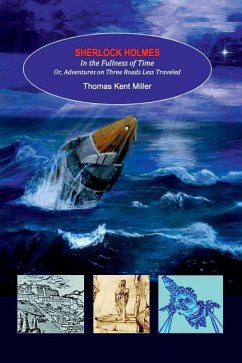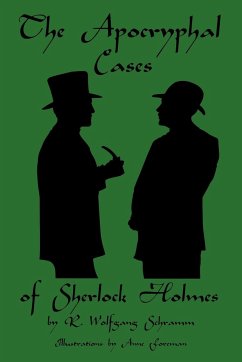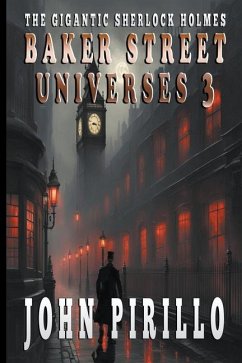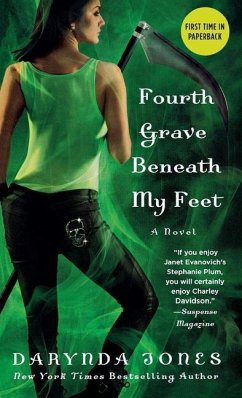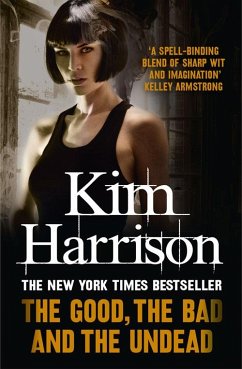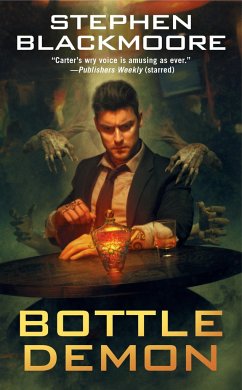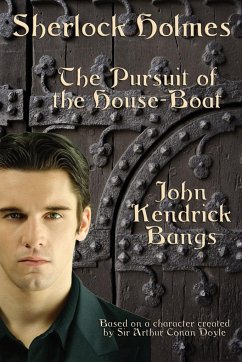
Sherlock Holmes
The Pursuit of the House-Boat
Versandkostenfrei!
Versandfertig in 1-2 Wochen
13,99 €
inkl. MwSt.
Weitere Ausgaben:

PAYBACK Punkte
7 °P sammeln!
Sherlock Holmes: The Pursuit of the House-Boat is the sequel to A House-Boat on the Styx. The novel opens with the Associated Shades taking stock of their situation. Captain Kidd has hijacked the House-Boat and they must find a way to get it back, the group decides to hire the famous detective, Sherlock Holmes, who, at the time had just been killed off by Sir Arthur Conan Doyle. Doyle gave his blessings for Bangs to use his character making this an authorized Sherlock Holmes adventure. Rollicking good fun!




